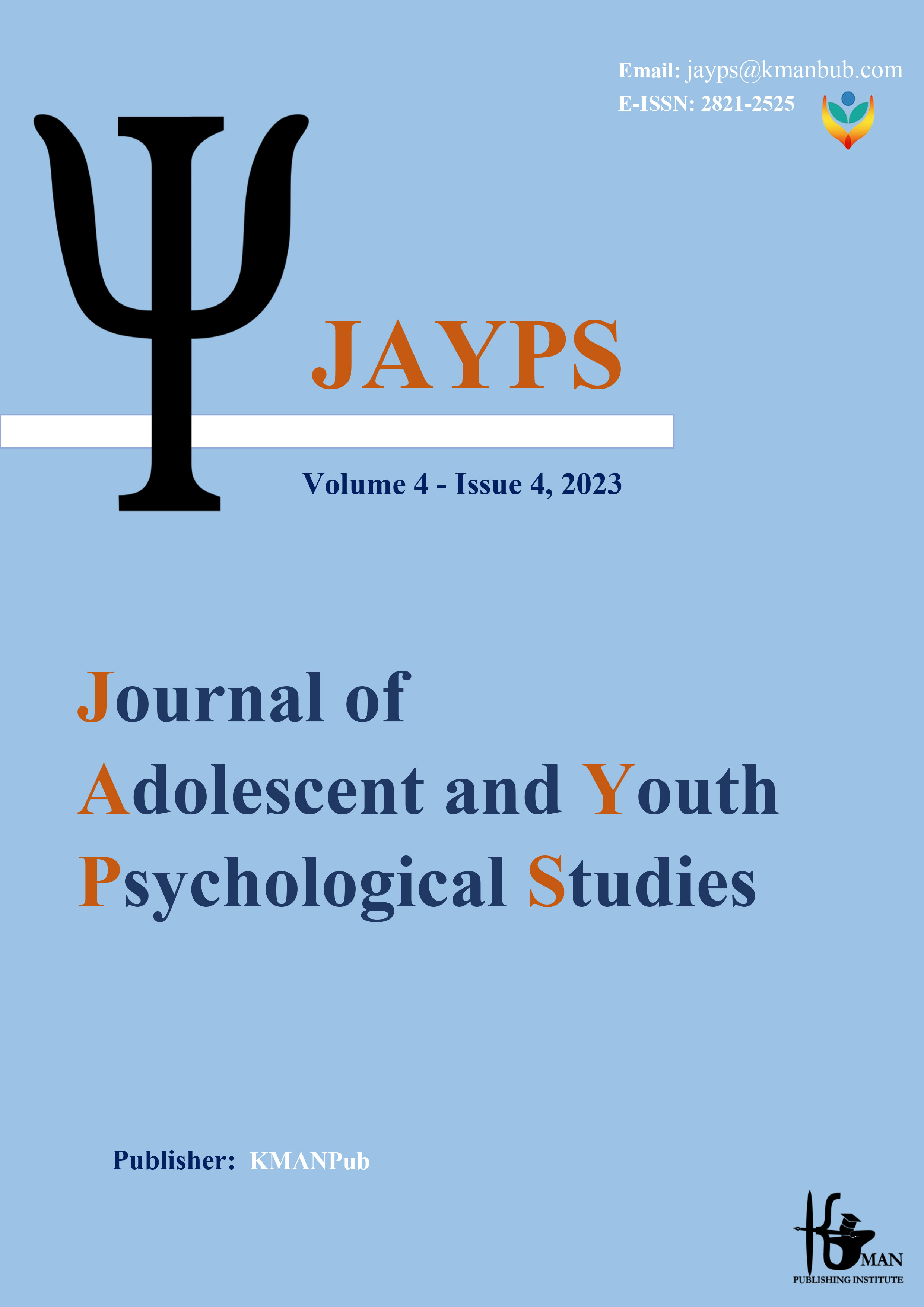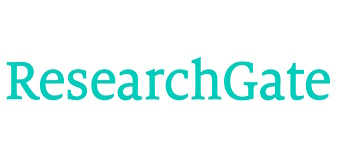Effectiveness of Training to Overcome the Learned Helplessness on Academic Procrastination and Self-efficacy of Adolescent girls
Keywords:
Training to Overcome Learned Helplessness, Academic Procrastination, Self-Efficacy.Abstract
Background and Aim: Low self-efficacy and academic procrastination are common problems for students. One of the methods that are basically based on positive psychology and can be effective in this field is overcoming learned helplessness. The aim of the present study was to investigate the effectiveness of learning to overcome learned helplessness on academic procrastination and self-efficacy of secondary school girls. Methods: The research method was semi-experimental with a pre-test-post-test design with a control group. The statistical population was all the female students of Javad Al-A'meh High School in Baharestan 2, who were studying in the academic year of 2020-21. The research sample consisted of 30 students who were selected by convenience sampling based on the research criteria and were randomly assigned to two experimental(n=15) and control(n=15) groups. The experimental group received 10 sessions of 90 minutes of learning helplessness overcoming intervention (adapted from Shakoor Sefat-Sadighi and Sharifi-Daramdi's package,2020) and the control group remained on the waiting list. The measurement tools were the general self-efficacy questionnaire of Sherer et al. (1982) and the academic procrastination questionnaire of Solomon and Roth Bloom (1984). Results: The results of covariance analysis showed that learning to overcome learned helplessness has a significant effect on reducing academic procrastination and its components (P>0.05; F=27/98) and increasing students' self-efficacy (P >0.05; F=28/76). Conclusion: The findings of this study show the effectiveness of learned helplessness training on academic procrastination and self-efficacy. Therefore, it is suggested that psychologists and therapists use this method to improve self-efficacy and reduce academic procrastination.
Downloads
Downloads
Published
Issue
Section
License

This work is licensed under a Creative Commons Attribution-NonCommercial 4.0 International License.























